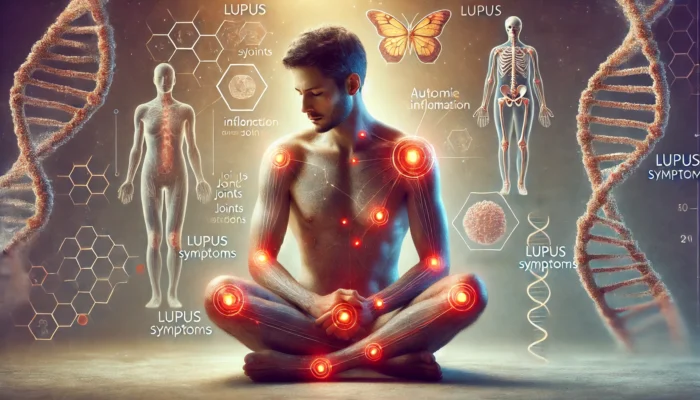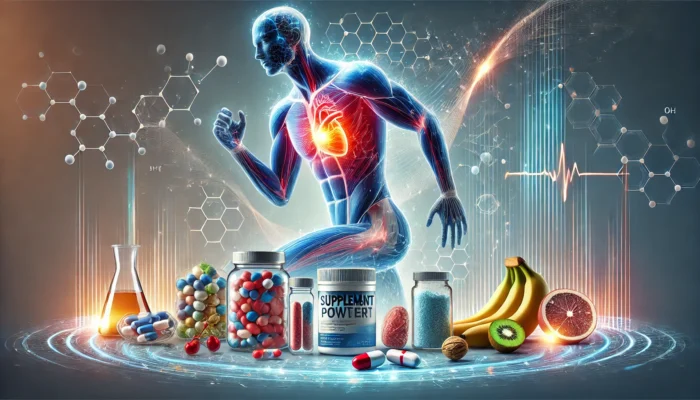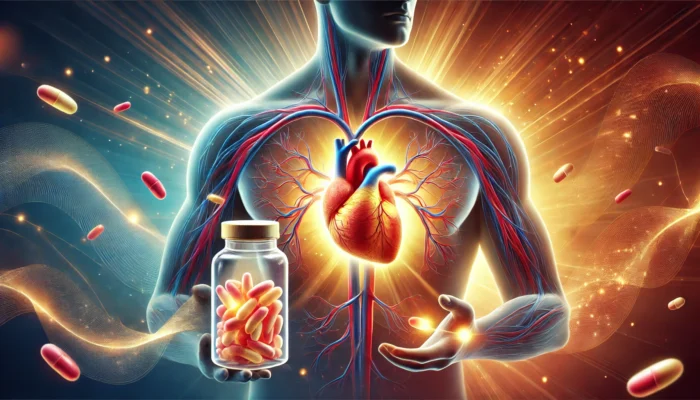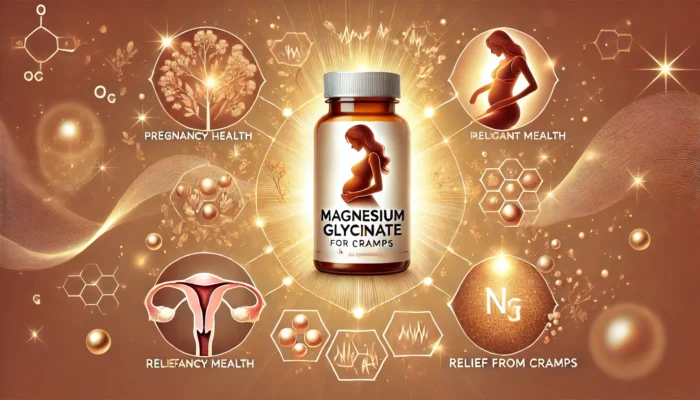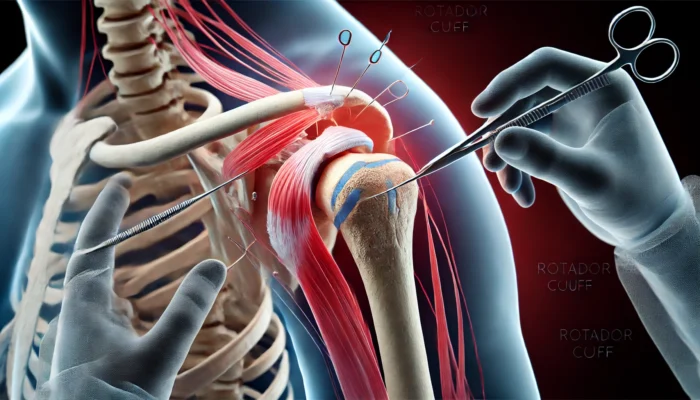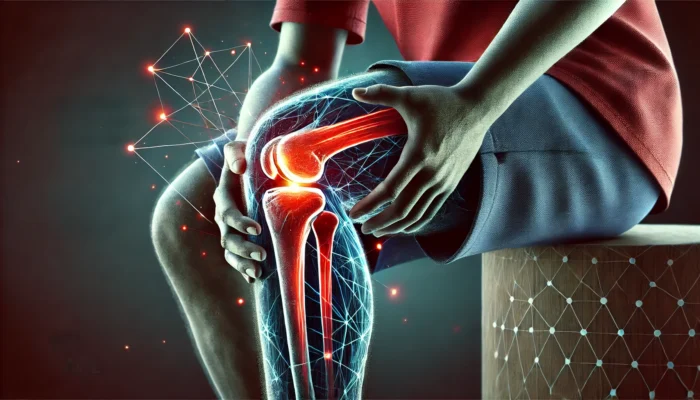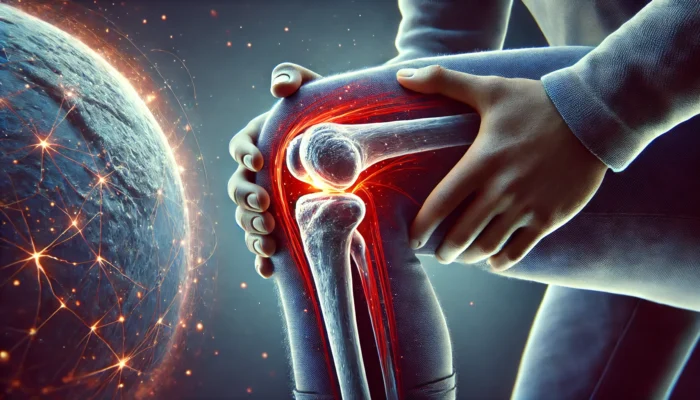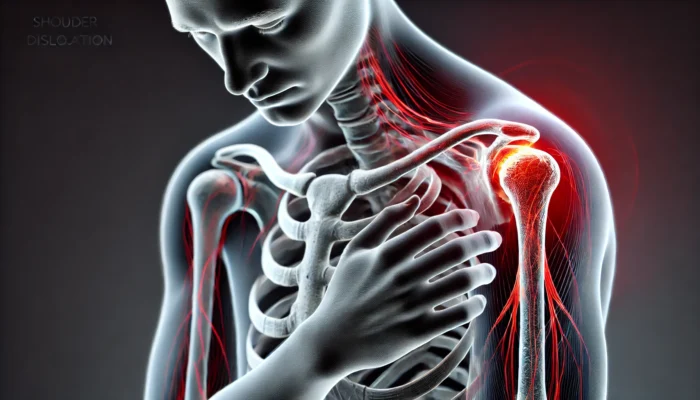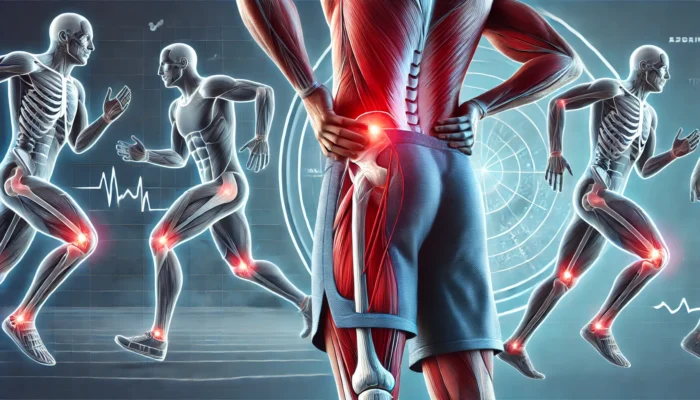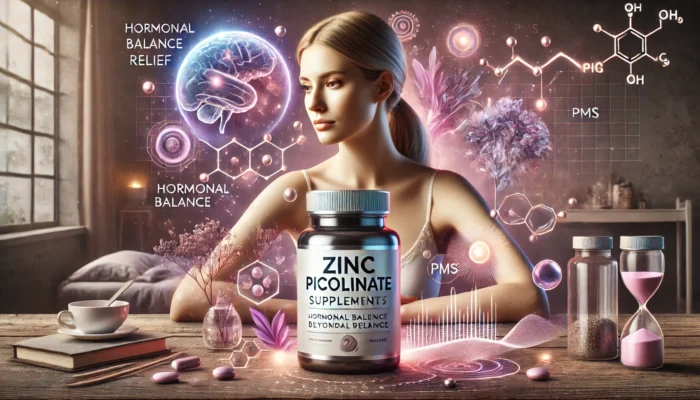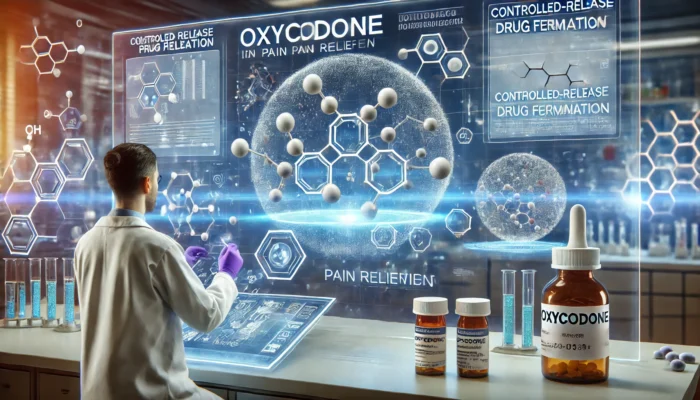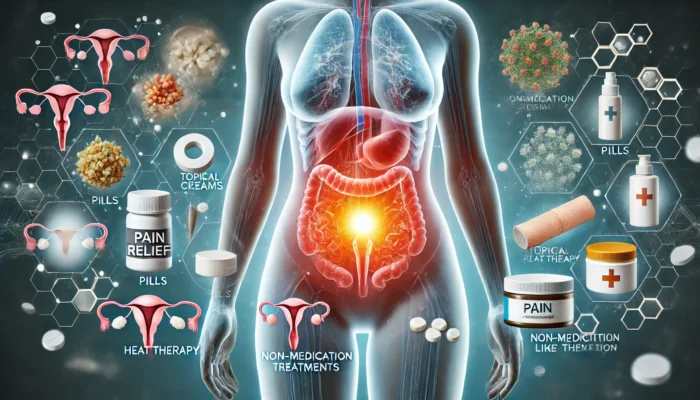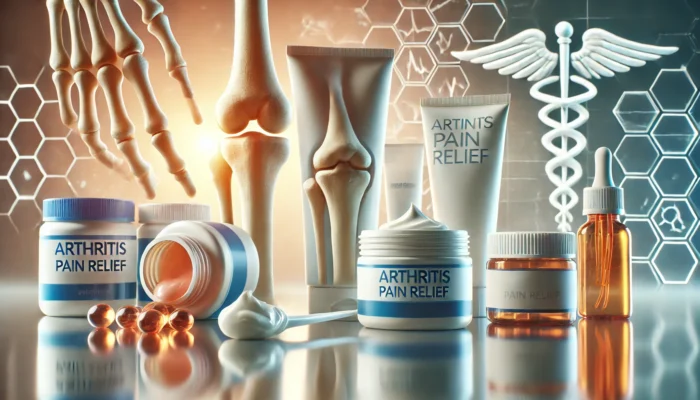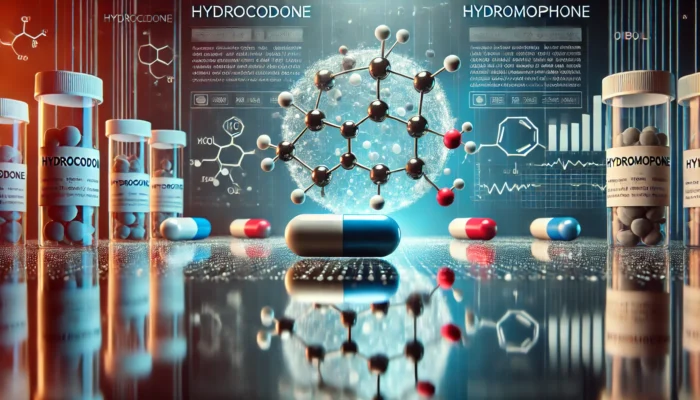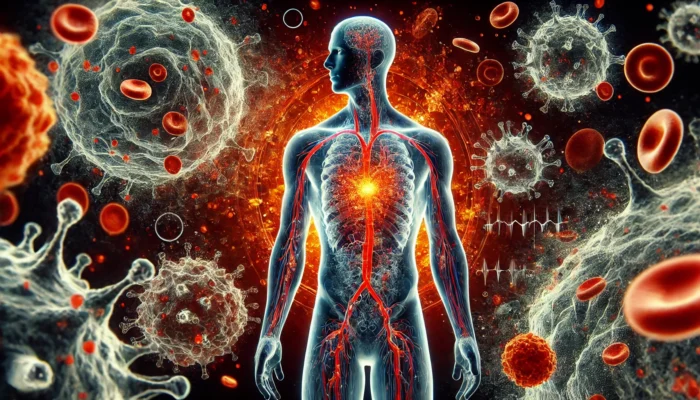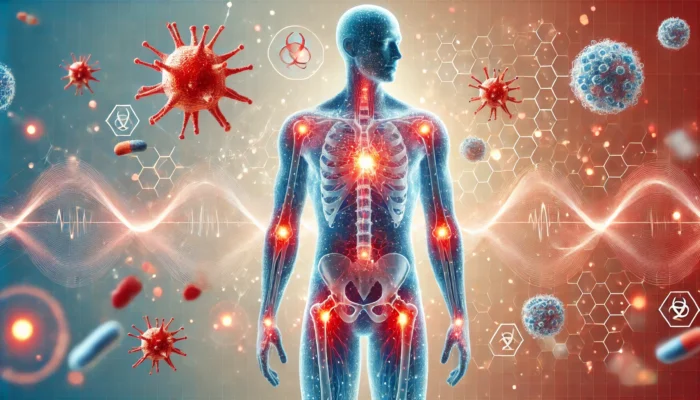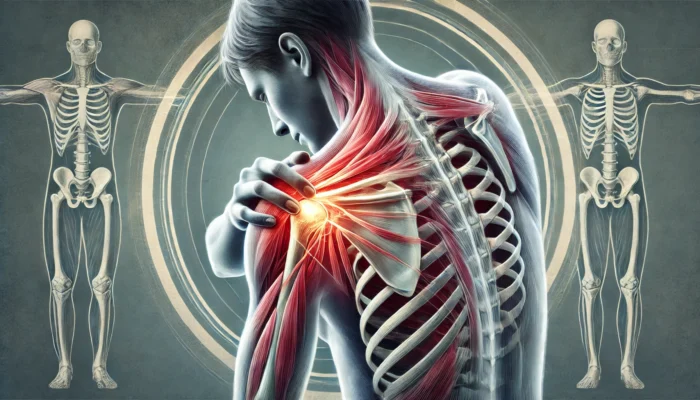Welcome to the HSL Healing Blog: Your Path to Wellness and Recovery
Welcome to the HSL Healing blog! We’re thrilled to have you here as part of our wellness community. This is your go-to space for expert tips, insightful articles, and the latest updates on healing support and holistic health. Whether you’re exploring ways to enhance your recovery or simply looking to lead a more balanced lifestyle, we’re here to guide and inspire you every step of the way. Let’s embark on this journey to better health together!
Zinc Picolinate for Better Hair During Pregnancy: A Natural Approach
Pregnancy is a transformative time for a woman’s body, bringing with it hormonal changes, nutritional [...]
The Role of Zinc Picolinate in Lupus Symptom Management
Systemic lupus erythematosus (SLE), commonly referred to as lupus, is a chronic autoimmune disease that [...]
Magnesium Glycinate and Healthy Aging in Women: Post-Menopause Support
Menopause marks a significant transition in a woman’s life, bringing hormonal changes that can affect [...]
Keeping Athletes Hydrated with Magnesium Glycinate: What You Need to Know
Proper hydration is a cornerstone of athletic performance, but hydration is about more than just [...]
Are You Getting Enough L-lysine? Signs of Deficiency and How to Correct It
L-lysine, one of the nine essential amino acids, is vital for a multitude of physiological [...]
Does Magnesium Glycinate Improve Exercise Performance? Here’s What to Know
Magnesium is a mineral essential for human health, playing critical roles in muscle function, energy [...]
Zinc Picolinate for Heart Disease Prevention: The Science You Need to Know
Heart disease remains the leading cause of death worldwide, with risk factors such as hypertension, [...]
The Role of Magnesium Glycinate in Reducing Pregnancy-Related Cramps
Pregnancy is a remarkable journey marked by profound physiological changes. While these changes support the [...]
Understanding Anti-Inflammatory: A Comprehensive Guide
The term "anti-inflammatory" refers to the property of a substance or treatment that reduces inflammation [...]
Can Magnesium Glycinate Help Improve Vertigo Symptoms? Here’s the Science
Vertigo, a disorienting sensation of spinning or dizziness, affects millions of people worldwide. While often [...]
Understanding the Role of Inositol Hormones
Inositol, often referred to as a member of the vitamin B complex, is a carbohydrate [...]
The Role of Magnesium Glycinate in Enhancing Female Libido: What You Should Know
Sexual health is an essential component of overall well-being, yet many women experience fluctuations in [...]
Best Sun Protection for Oily Skin
Sun protection is a crucial aspect of skincare. It's essential for preventing skin damage and [...]
Cymbalta Substitutes: What Are Your Options?
When it comes to managing mental health, particularly conditions like depression and anxiety, finding the [...]
Magnesium Glycinate in Travel Wellness: Combating Fatigue and Stress on the Go
Traveling, whether for business or leisure, often involves long hours, disrupted routines, and heightened stress [...]
Bananas and Inflammation: What You Need to Know
Bananas are a staple in many diets worldwide. They're known for their nutritional benefits and [...]
ROTATOR CUFF SURGERY: Description, Healing Stages, Post-Procedure Side Effects, Care Options for Recovery, and Tips to Minimize Downtime
Rotator cuff surgery is a vital procedure for repairing injuries to the tendons surrounding the [...]
Jan
ACL TEAR: Description, Symptoms, Causes, Treatment Options for Recovery, and Steps for Possible Prevention
The anterior cruciate ligament (ACL) is a critical stabilizing structure in the knee joint, commonly [...]
Jan
MENISCUS TEAR: Description, Symptoms, Causes, Treatment Options for Recovery, and Steps for Possible Prevention
A meniscus tear is a common knee injury affecting athletes and non-athletes alike. This condition [...]
Jan
SHOULDER DISLOCATION: Description, Symptoms, Causes, Treatment Options for Recovery, and Steps for Possible Prevention
Shoulder dislocation is a common injury characterized by the displacement of the head of the [...]
Jan
TENNIS ELBOW (LATERAL EPICONDYLITIS): Description, Symptoms, Causes, Treatment Options for Recovery, and Steps for Possible Prevention
Tennis elbow, or lateral epicondylitis, is a common condition that causes pain and discomfort on [...]
Jan
GOLFER’S ELBOW (MEDIAL EPICONDYLITIS): Description, Symptoms, Causes, Treatment Options for Recovery, and Steps for Possible Prevention
Golfer’s elbow, clinically known as medial epicondylitis, is a common overuse injury that affects the [...]
Jan
ANKLE SPRAIN: Description, Symptoms, Causes, Treatment Options for Recovery, and Steps for Possible Prevention
An ankle sprain is one of the most common musculoskeletal injuries, affecting individuals of all [...]
Jan
HAMSTRING STRAIN: Description, Symptoms, Causes, Treatment Options for Recovery, and Steps for Possible Prevention
Hamstring strain is a common injury, particularly among athletes and physically active individuals, that involves [...]
Jan


